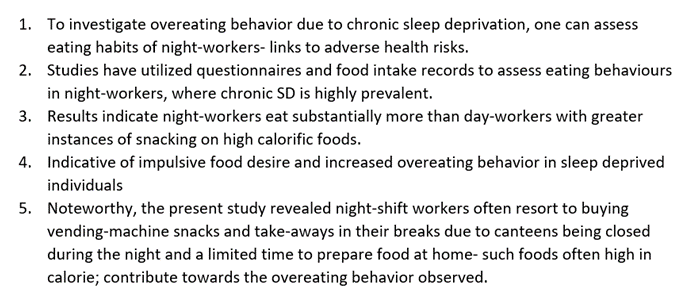 by Breanna Goff, Psychology student and Bristol Futures Advocate
by Breanna Goff, Psychology student and Bristol Futures Advocate
Hello! My name is Breanna and I am a third year Psychology student at Bristol University. My degree sometimes feels like essay upon essay, so I have a few tips up my sleeve from the past couple of years.
When faced with a challenging and complex essay question, it feels like the final product is so far out of reach. Where do I start? What will it look like? And how long will it take? I like to remind myself that every student (and probably every professor) knows this feeling well. So how would I start?
All good essays begin with good notes.
Understanding the foundations.
When starting to think about an essay, it’s crucial that I fully understand the foundation of the topic. I take time to fill in the gaps of my learning- adding to my lecture notes by reading topic overviews and recommended starter papers provided. I usually annotate my lecture slides to ensure I am aligning my understanding with the learning objectives set by my lecturer. By doing this, I not only consolidate my knowledge of the area, but I am creating a strong set of notes which can easily be referred to and utilized in the introduction of my essay.
Time to explore.
Now I have developed some solid notes about the topic’s foundation, its time to explore the field. I usually look over my notes and highlight areas which interest me the most regarding my essay question. Here, I create a word document with several colour coded headings of areas I want to explore. I read several papers into each option and make short notes on each. For example, I will summarise the findings of each paper and jot down how this finding relates to the essay question, adding points for critical analysis where I can. Now, the most important lesson I have learned in my experience of essay note taking is to always make note of the source I have obtained my information from. I do this by pasting the article title next to my summary notes. Trust me, when you have read 50+ articles for your essay, it becomes difficult to remember which paper stated which fact.
Finding my focus.
It’s time to narrow my choices down. I look over the notes of areas I have explored and review what addresses my essay question most effectively. After deciding on a rough narrative, I assess which specific papers I can utilize in my essay. This may take a bit of time and some extra reading; I usually focus on 3-5 key papers in the main body of my essay. When I have selected these, I make more extensive notes by answering the 5 following bullet points for each:
- What is the aim of the paper?
- How did the researcher study this area?
- What did they find out?
- How does this relate to my essay question?
- Are there any points for critical analysis?
I have found using these prompts is highly useful when note taking as, when I come to write my essay, I have already outlined the structure of each paragraph effectively.

Now, as I begin to write up my essay, I can be confident in the extensive notes I have taken. My detailed lecture notes help me write my introduction by giving me a solid foundational understanding. My exploration notes have helped me determine the most effective narrative for my question. And finally, my detailed notes of key studies will allow me to write my essay with ease and direction. The final product is within arm’s reach!
